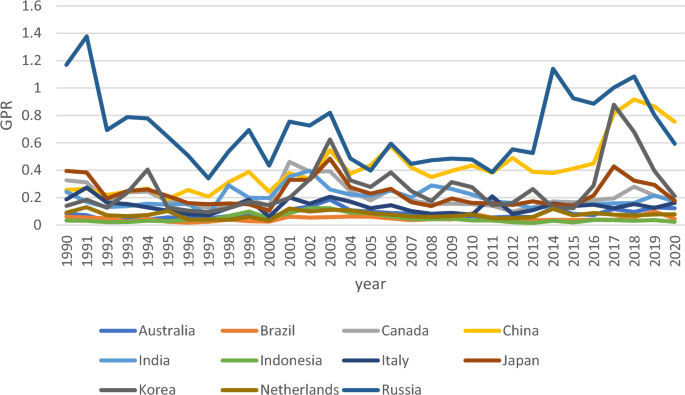 Global Markets Rattle Amid Rising Geopolitical Tensions in Ukraine, Gaza, Taiwan, and South Asia
Global Markets Rattle Amid Rising Geopolitical Tensions in Ukraine, Gaza, Taiwan, and South Asia
Published on June 11, 2025 | By Today International News
Global financial markets are facing renewed volatility as escalating geopolitical tensions in Ukraine, Gaza, Taiwan, and between India and Pakistan rattle investor confidence. Fears of prolonged conflict and global instability are pushing traders toward safe-haven assets such as gold, U.S. Treasuries, and the Swiss franc, while defense and energy stocks surge across European and U.S. exchanges.
Markets are reacting to what analysts describe as a convergence of regional flashpoints, with no clear resolution in sight. The result: mounting uncertainty and a flight to safety that is beginning to shape investment strategies worldwide.
Investors Shift Toward Safe-Haven Assets
As tensions flare on multiple fronts, global investors are pulling back from riskier assets and moving toward traditional hedges. Gold prices hit a 10-month high this week, climbing above $2,200 per ounce, while yields on U.S. 10-year Treasury notes dropped sharply as demand surged.
“Geopolitical risk is the top concern for investors right now,” said Lisa Brennan, a market strategist at GlobalEdge Capital. “When you have simultaneous crises in Europe, the Middle East, and Asia, it drives a systemic reassessment of risk.”
The Swiss franc and Japanese yen also rose against the U.S. dollar, as traders look to currencies historically considered stable during times of crisis.
Defense Stocks Lead European Rally
One of the few bright spots in the market has been European defense stocks, which are up nearly 50% year-to-date. Companies like BAE Systems, Rheinmetall, and Thales Group have seen major gains as governments ramp up military budgets in response to rising threats.
In the U.S., defense contractors such as Lockheed Martin and Northrop Grumman are also posting strong earnings, fueled by increased demand for missile systems, drones, and cybersecurity services.
“Europe is undergoing a historic military buildup,” noted Peter Koch, a defense analyst at Frankfurt Securities. “Defense spending is no longer optional—it’s now seen as urgent and necessary.”
Key Global Flashpoints Driving Market Anxiety
1. Ukraine–Russia Conflict
Despite continued international sanctions and NATO support for Ukraine, Russia has intensified its assault, launching record numbers of drones and missiles across Ukrainian cities. The conflict shows no signs of resolution, and the risk of escalation—including the use of tactical nuclear weapons—remains a market-moving concern.
2. Israel–Gaza War
The ongoing fighting in Gaza continues to destabilize the Middle East. While ceasefire negotiations are underway, the humanitarian crisis and risk of regional spillover into Lebanon, Iran, or Syria are keeping oil markets tense.
3. Taiwan–China Tensions
In Asia, Beijing’s increased military presence around Taiwan has raised alarm. Recent Chinese naval exercises and airspace violations have led to warnings from U.S. and Japanese officials. Investors worry about disruptions to global supply chains, especially in semiconductors, if a crisis were to erupt.
4. India–Pakistan Standoff
A new border clash in Kashmir has reignited long-standing hostilities between nuclear-armed neighbors India and Pakistan. Though both sides have pledged to avoid escalation, the situation remains volatile, drawing concern from global markets and the United Nations.
Energy Prices and Inflation Risks Resurface
Rising geopolitical instability is also driving up oil and gas prices, fueling renewed fears of inflation. Brent crude has climbed back over $90 per barrel, while natural gas prices in Europe have ticked higher due to potential supply disruptions in the Middle East and Eastern Europe.
These developments complicate efforts by central banks to control inflation, as higher energy costs threaten to undo months of monetary tightening.
Conclusion: Markets Brace for Prolonged Uncertainty
With geopolitical risks multiplying and no clear diplomatic breakthroughs in sight, financial markets are expected to remain volatile in the short to medium term. Investors are advised to diversify portfolios, favor defensive sectors, and monitor developments closely.
As the global landscape becomes more unpredictable, economic resilience and strategic risk management will be key to navigating the uncertain road ahead.
